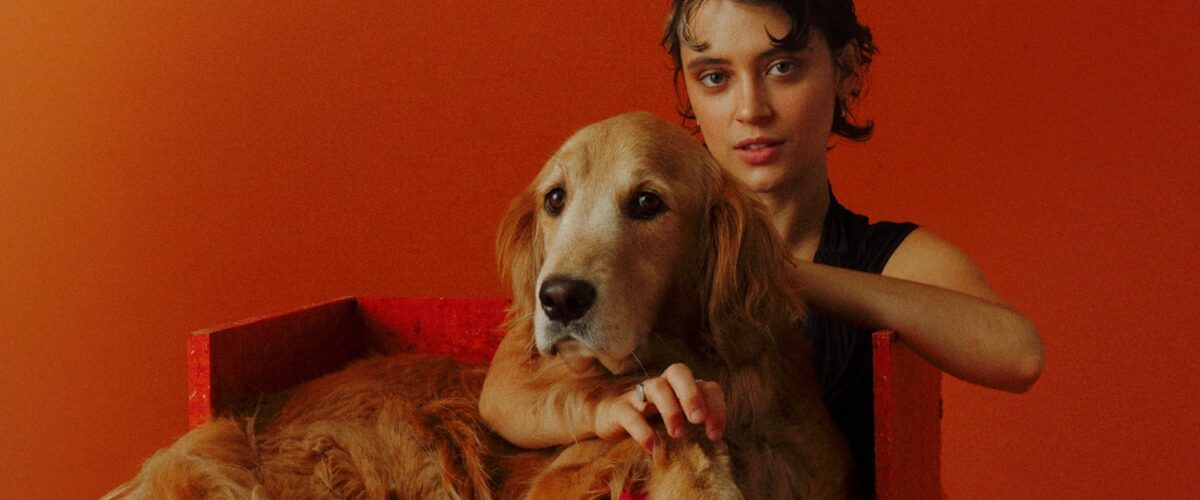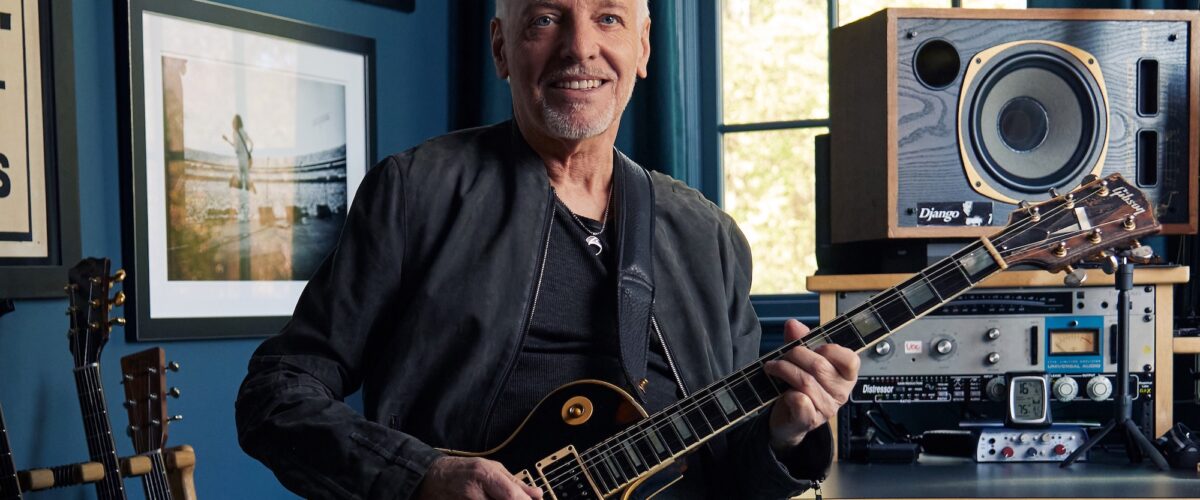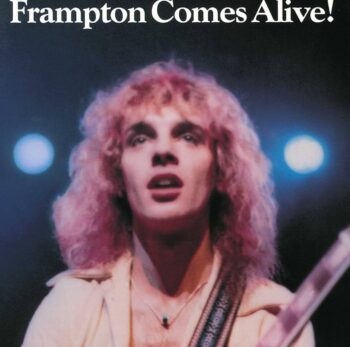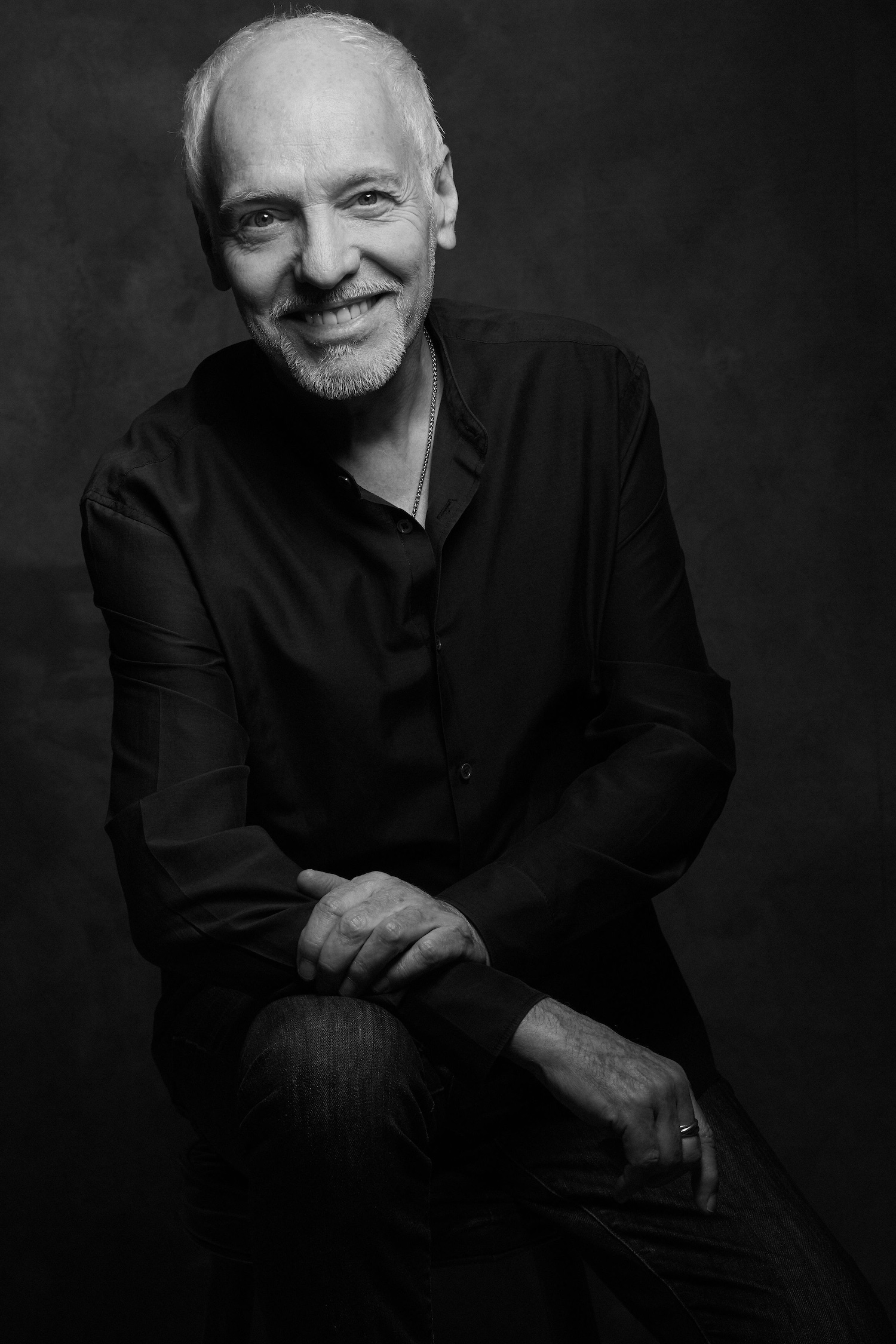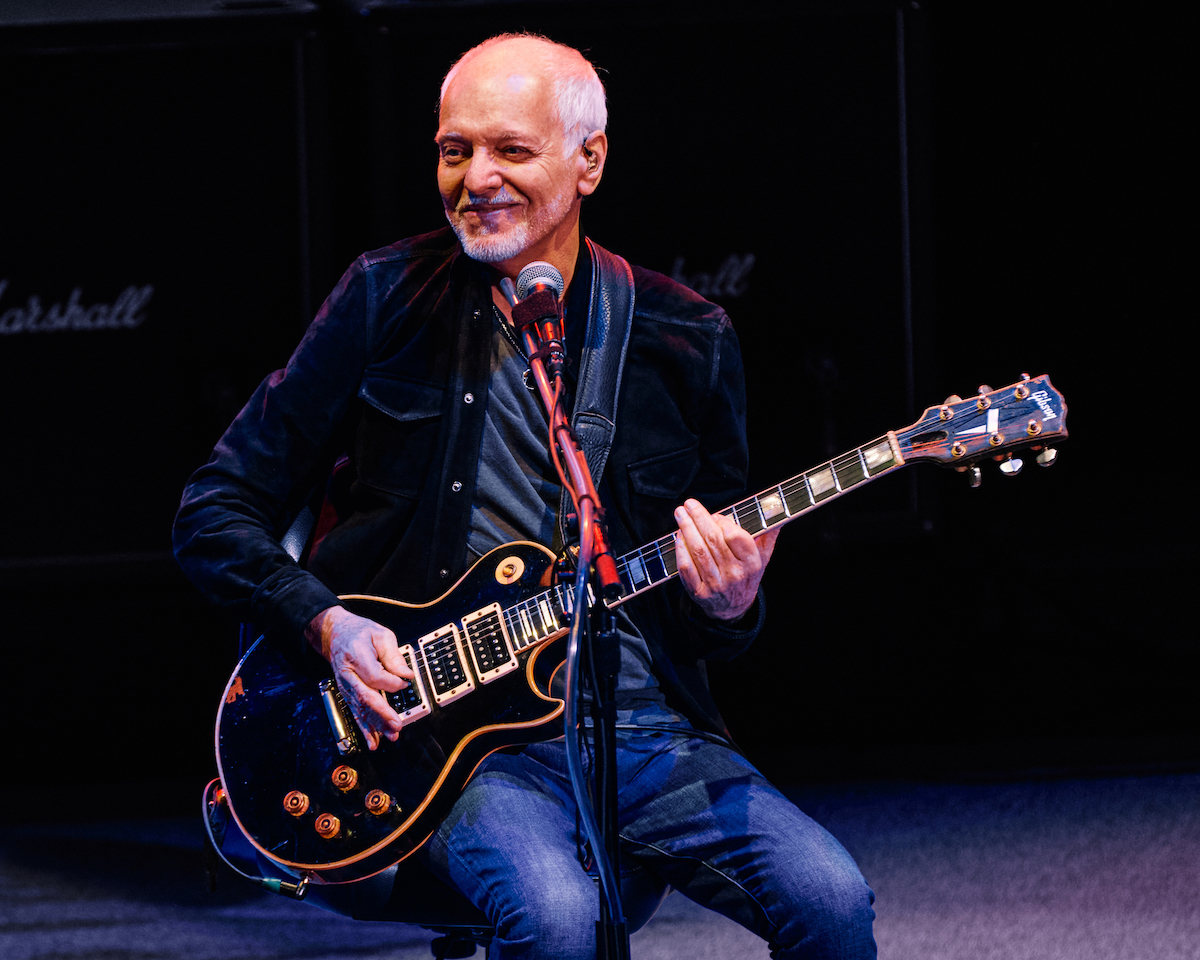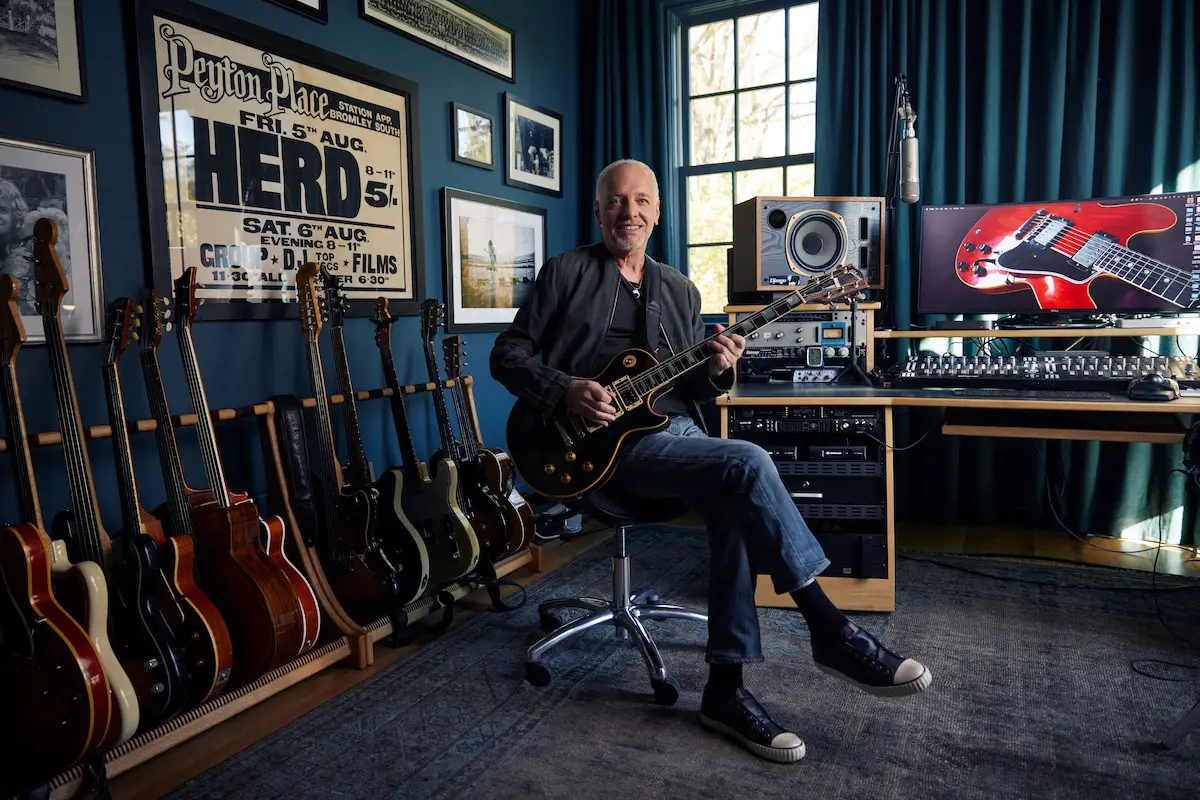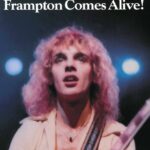Pomme’s ambitious new album ‘Saisons’ tells the story of nature’s cycles as an orchestral modern opera of her own unique creation.
Stream: ‘Saisons’ – Pomme
With this album, I wanted to be part of a whole… to be a secondary character in a huge story: Nature’s story and cycles.
If there is one thing that Pomme’s new album, Saisons, proves for sure, it is that she does not plan on growing complacent in her musical career.
Having released her previous album, consolation, in 2022, Pomme (née Claire Pommet) did not waste a single minute in getting started on her next project, this time with even more effort placed on collaboration and orchestration.
According to Pomme herself, this short turnaround time actually felt like slowing down. “I know it’s quite funny,” she reflects on the process, “‘cause slowing down for me equals releasing an album quite quickly after my latest… but I see it as a projection of what I’m aiming for: peace, beauty, and humans living in harmony with nature.”
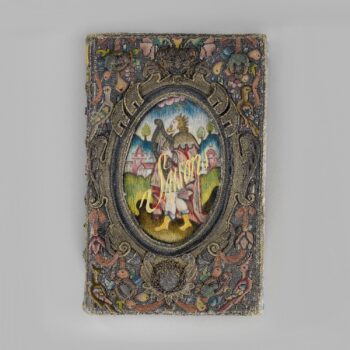
Pomme leans fully into nature’s calendar in the structure of the album itself, splitting the music into four sections. Each section represents a different season, with three songs per season representing the twelve months of the year. The spring section of the album is called “le temps des fleurs,” or “the time of the flowers.” Summer is named “perseides,” after the famous shower of shooting stars that floods the summer sky. Fall is fittingly called “magie mauve,” or “purple magic,” while winter is called “carte de noël,” or “Christmas card.”
To accompany the album visually, Pomme has been releasing short films to encompass the different seasons as a whole, rather than creating individual music videos for each song.
dans tes rêves sous la neige
percent les couleurs
c’est la trêve de l’hiver
et le temps des fleurs
dis mois
où se cachait le soleil
tout ce temps là
Translation:
In your dreams under the snow
The colors come piercing through
Here comes the winter break
And the time for flowers to grow
Tell me
Where was the sun hiding all this time?
“_mar le temps des fleurs,” – Pomme
Collaborators on this project include Aaron Dessner (The National), Flavien Berger, and an orchestration conducted by MALVINA. “I felt like we were creating the soundtrack for an old movie, or an interactive painting, and it was so interesting to have (MALVINA’s) vision, and other collaborators’ visions too (Aaron and Flavien) on what the seasons represent for them,” Pomme remarks fondly.
It is clear that the album is meant to be listened to from front to back in one sitting. The delicate moments and compositions of each song meld into each other as seamlessly as the months themselves meld together in time. Each has its own distinct flavor, but none exist as completely without the rest.
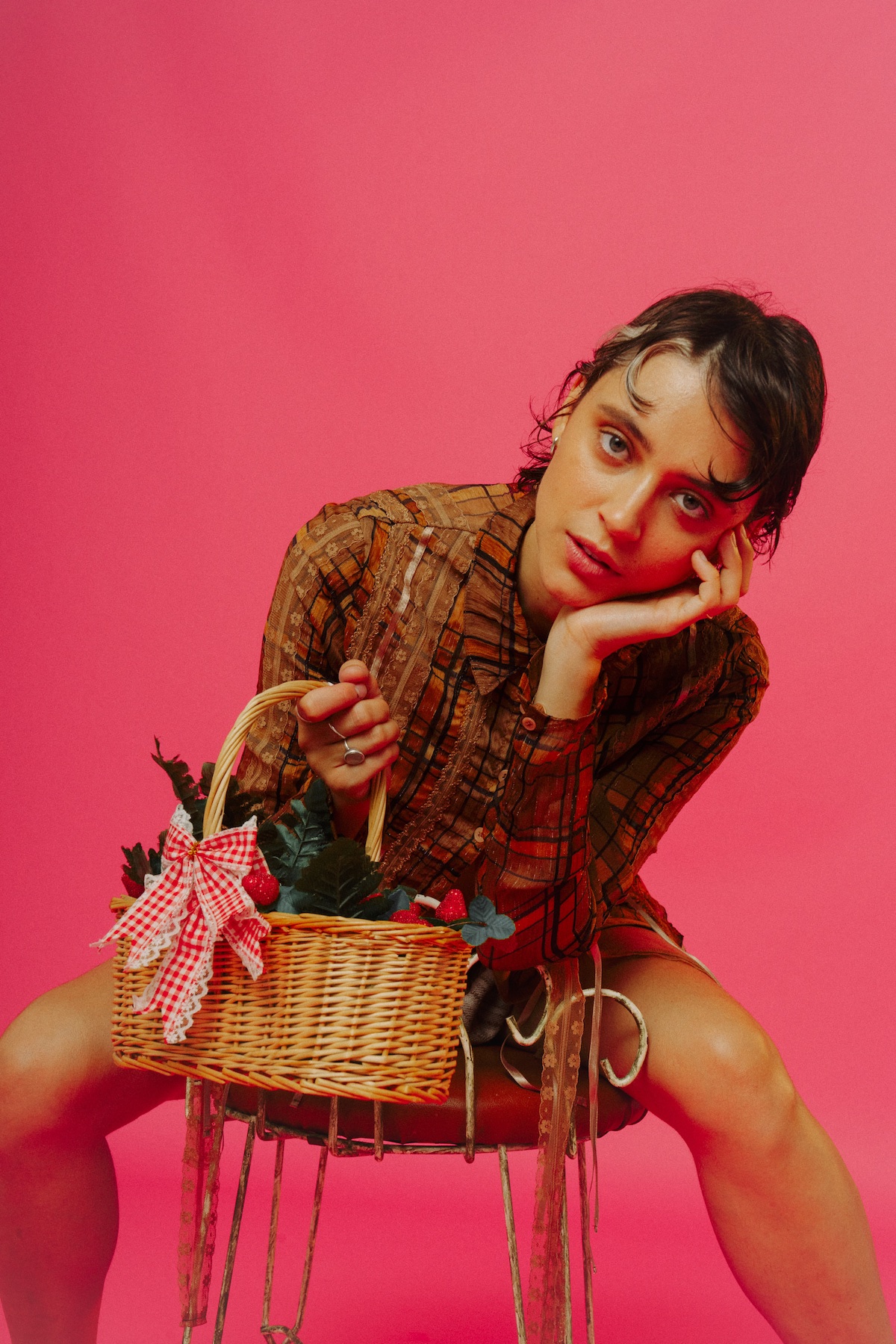
Nature is so beautiful and I wanted to picture it as it is today because I’m afraid seasons won’t survive in a near future.
Pomme references Disney’s Fantasia (1940) as a dreamscape to which her mind traveled often while writing the opera.
She invites listeners to “lie down on a thick carpet and imagine our dream cartoon” while consuming the record as well. In a world full of fast-paced, algorithmic single releases, all disconnected within an artist’s Tiktok-centered discography, it can be difficult to listen to a completely new album from front to back. Luckily, Pomme turns this historical custom into an exciting afternoon’s activity rather than a tedious task. Whether you speak French fluently or not, the album paints colorful pictures through its graceful orchestration and whimsical melodic texture. And if you are looking for more visual stimulation, the accompanying short films offer a vivid journey to assist the listener’s imagination.
Pomme shares her favorite lyric of the album, “je ne suis pas encore là où tu m’attends,” which translates to “I’m not where you expect me to be yet.” This lyric is repeated during “_apr le temps des fleurs,” over the string arrangement as it transitions from the stillness of March, to the stirring rain of April’s showers, and then to the vibrancy of May’s flowers, as the saying goes.
“For me, it’s an allegory of spring because humanity is impatient for it to come, but also could apply to a relationship and someone saying ‘please, give me some time, I’m not there yet, I need time and space to grow,’” Pomme observes of the lyric’s layered meaning.
I want to be able to take the time to watch the seasons bloom, take their place, die and live over and over again.
As the album comes to a close with the month of February, one can’t help but start the whole record over, circling back around to March in accordance with the seasons. But Pomme also states her feelings of protection over the seasons and their ever-fleeting cycle as the Earth itself comes under environmental threat.
She says that if her listeners are to take away one feeling from the album, it would be peace, “that it allows them to find a space in their minds and life to meditate, watch, see things with the eyes of a child. Rediscovering nature and all the beauty we can find in it. By this, I also hope it opens people’s minds on preserving that beauty and helping seasons resist.”
Saisons is now available to listen to on all of Pomme’s streaming platforms. You can also watch her short films “Saisons, le film: hiver” and “Saisons, le film: printemps” on Youtube.
— —
:: stream/purchase Saisons here ::
:: connect with Pomme here ::
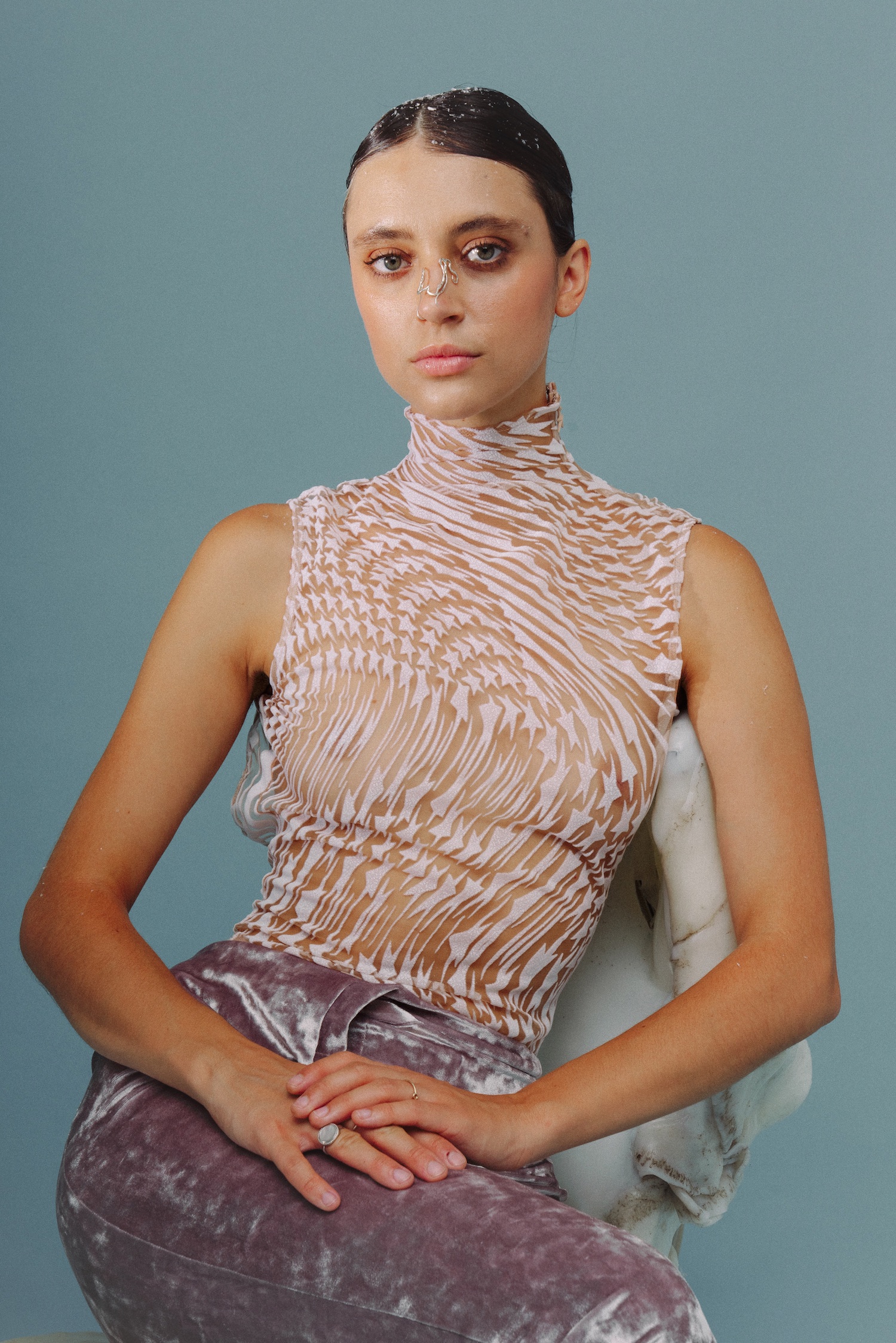
A CONVERSATION WITH POMME
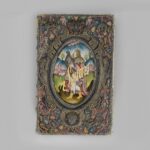
Atwood Magazine: I feel like it has become rare to see artists release such fleshed out concept albums, as Saisons. What inspired you to create a modern opera?
Pomme: I think I wanted to slow down. I know it’s quite funny because slowing down for me equals releasing an album quite quickly after my latest, consolation, but I see it as a projection of what I’m aiming for: Peace, beauty, humans living in harmony with nature.
With this album, I wanted to be a part of a whole. to be a secondary character in a huge story, nature’s story and cycles. I didn’t want to be the main girl or the hero because I don’t feel like it at all. I want to be able to take the time to watch the seasons bloom, take their place, die and live over and over again. I forgot to do that the last 10 or so years, and this album forced me into watching beauty in simple things again. Nature is so beautiful and I wanted to picture it as it is today because I’m afraid seasons won’t survive in a near future.
The opera form was so natural. I studied the cello and classical music when I was a kid and I think I wasn’t at peace with many aspects of it: first of all I wasn’t that good but also I feel like classical music often feels like and elitist genra. I wanted to bring people to it by mixing it with folk and chanson. Because everyone can listen to classical music.
What was it like working with an orchestra for the second half of the “spring-summer” section?
Pomme: It was such a dream. Malvina, who composed the orchestral parts, did an amazing job. I felt like we were creating the soundtrack for an old movie, or an interactive painting, and it was so interesting to have her vision, and other collaborators visions too (Aaron and Flavien) on what the seasons represent for them.
I had been wanting to work with and orchestra for years and this project felt like the right time.
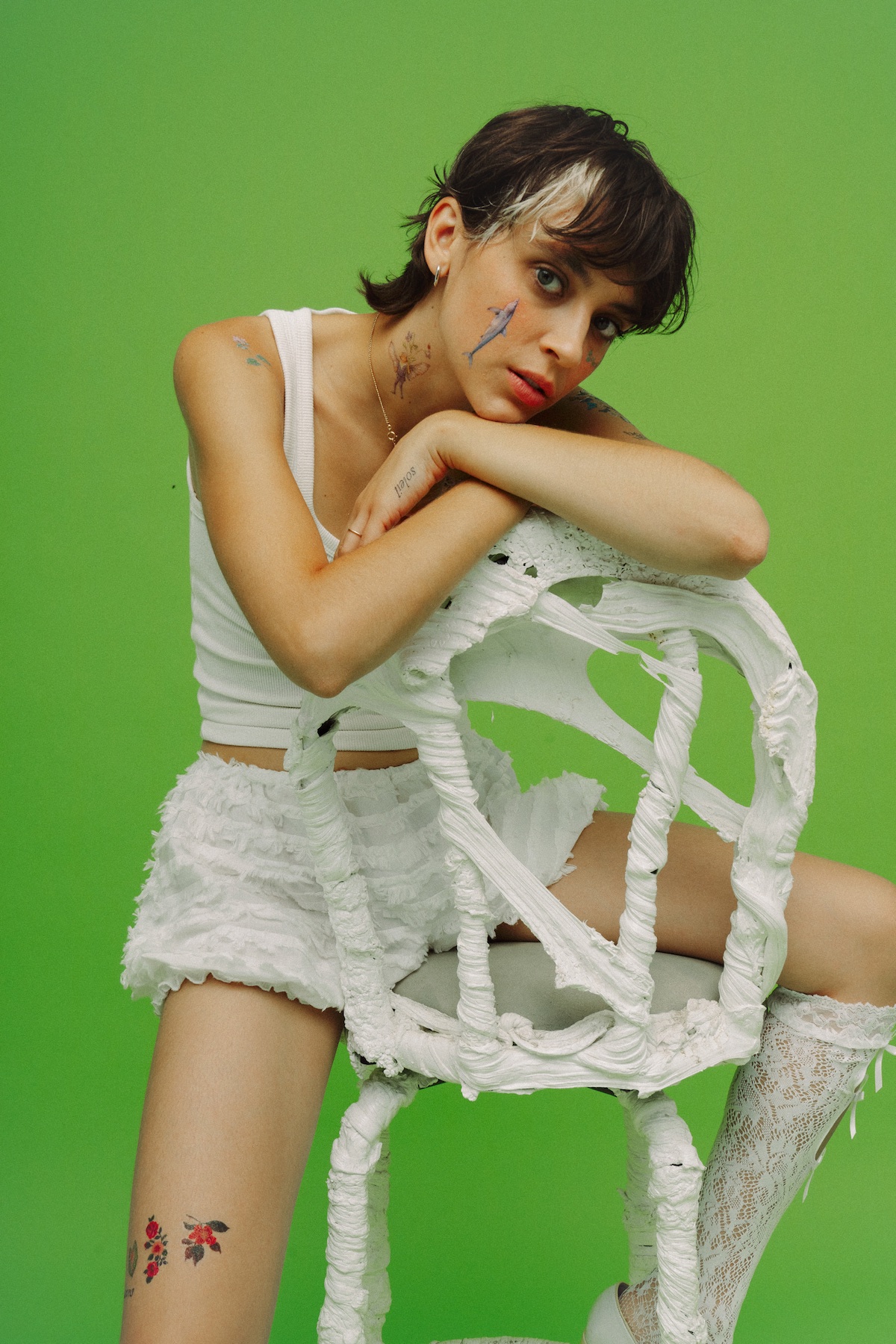
Did you listen at all to Vivaldi’s Four Seasons during this time? Saisons feels like such a lovely and creatively modern twist on a similar idea.
Pomme: No I didn’t! Of course I thought about it while creating the project. But the orchestral and classical references were more: Joe Hisaishi, “Le Carnaval des animaux” from Camille Saint-Saëns, Multitudes by Feist, Bambi’s soundtrack.
I really enjoyed both of the short films you created to accompany the album. Could you talk a little bit about how you created these films and how their meaning relates to the songs?
Pomme: From the first idea of creating this album, I knew I would want it to be a multidisciplinary project.
Nature is so inspiring and so visual, so I knew I would want to create a movie for the album, like a moving illustration, and also as a way to collaborate with more friends. We co-directed the movie with my friends Hugo Pillard and Nina Richard, both amazing directors and creators. the idea was to offer another perspective on seasons, something more interactive, allowing people to be surrounded by music, images, a 360 experience. and we are going to screen the whole movie (4 seasons, 36mn) in April in Paris as an intimate concert cinema, just once. I’m so excited.
Nature is so inspiring and so visual, so I knew I would want to create a movie for the album, like a moving illustration, and also as a way to collaborate with more friends.
What is one of your favorite lyrics on the album? Why is it one of your favorites?
Pomme: I think ‘je ne suis pas encore là où tu m’attends’ in “_apr le temps des fleurs.”
For me, it’s an allegory of spring because humanity impatient for it to come but also could apply to a relationship and someone saying, ‘Please, give me some time, I’m not there yet, I need time and space to grow.’ I feel like it’s a good representation of the main point of this album: Letting people, things, grow at their natural speed. Accepting that sometimes things have to be slow (it’s definitely something that I try myself to accept and apply, haha).
What would you like your listeners to take away from this album?
Pomme: Peace. That it allows them to find a space in their minds and life to meditate, watch, see things with the eyes of a child. Re-discovering nature and all the beauty we can find in it. By this, I also hope it opens people’s mind on preserving that beauty and helping seasons resist.

For me, it’s an allegory of spring because humanity impatient for it to come but also could apply to a relationship and someone saying, ‘Please, give me some time, I’m not there yet, I need time and space to grow.’
From an outsider’s perspective, your writing style seems to have evolved a lot throughout your past albums. Could you touch on the ways that COVID and writing “consolation” during the pandemic, affected your writing process overall? How did it change your mindset and impact the way you wanted to approach Saisons, a very collaborative project?
Pomme: I think being able to stay creative during the pandemic was really a chance and a gift – I used it as much as I could. It made me realise that all this time spent creating was not a right or a due, but a huge privilege.
Between 2020 and 2021 I wrote and composed a lot of stuff. then in 2022 I didn’t have any time for writing because of releasing an album and shooting a movie, and I remember saying to myself at the beginning of 2023 that I wanted to create more space in my life for what makes me feel good, but that I also wanted to try to break my habits and ways of creating and try new stuff. That’s what I did with Saisons.
You mention wanting fans to listen to this album lying on a “thick carpet and imagine our dream cartoon.” What kind of daydreams, or “dream cartoons” did you have while writing these songs?
Pomme: Fantasia! but also Mononoke. Dreams of fairies, pixies, forests, humanity and nature living at peace together, animals, god mothers and mushrooms.
— —
:: stream/purchase Saisons here ::
:: connect with Pomme here ::
— — — —

Connect to Pomme on
Facebook, TikTok, Instagram
Discover new music on Atwood Magazine
© Lawrence Fafard

